Unlocking Real Value in Fast-Food Assets
Why a sale-leaseback strategy could prove to be the best long-term solution for both net-lease franchise owners and developers, according to Sands Investment Group Net Lease Advisor Elan Sieder.
By Elan Sieder, Net Lease Advisor, Sands Investment Group
 While economic cycles can impact real estate values, fast-food properties can demonstrate greater resiliency to price swings, especially in the net lease realm. Fast-food properties can provide benefits to owners/operators, while expanding and upgrading their franchise portfolio, as the real estate may be worth much more to the owner than they realize.
While economic cycles can impact real estate values, fast-food properties can demonstrate greater resiliency to price swings, especially in the net lease realm. Fast-food properties can provide benefits to owners/operators, while expanding and upgrading their franchise portfolio, as the real estate may be worth much more to the owner than they realize.
If the franchisee owns their real estate, they are effectively sitting on the cash needed for expansion. A sale-leaseback can be structured to pull the money out of the real estate to reinvest on their behalf. For these owners, the reinvestment opportunity can mean expansion into new markets, the ability to upgrade core assets, as well as the realization of a lower overall cost of occupancy by paying a lower rent.
Case in point
One example is the recently completed sale of three of five single-tenant Burger King stores as part of a planned five-unit, sale-leaseback strategy developed in collaboration with the owner, Flis Enterprises Inc.
Flis Enterprises operates 21 Burger King restaurants throughout Arkansas. The firm engaged SIG to value their real estate portfolio and propose strategic opportunities to both maximize the current value and to help in the expansion into new markets.
According to Chris Flis, the paradigm was not to sell because the firm treated the real estate like a retirement annuity. However, the confluence of low interest rates and higher asset pricing created a market opportunity for them.
SIG recommended that Flis continue to hold core assets for the long term versus assets they could take to market. SIG devised a sale-leaseback strategy in which the lease expiration matched the expiration date of the client’s franchise agreement. This allowed the owner to secure lower occupancy costs throughout the term of the lease while reducing existing debt. The sale-leaseback strategy enabled the sellers to acquire and upgrade a high-performing unit within their operating portfolio with an expiring lease. This trade-off upgraded the quality of the client’s overall portfolio. Flis is now expanding into new Arkansas markets where they project strong unit-level sales and are considering other opportunities for new construction and sale-leaseback activity.
Helping a franchisee to better understand the value of the real estate ultimately allows everyone to focus on their expertise. For Flis, lowering occupancy costs will increase the profitability of their operations because the sale-leaseback structure allows them to pay a lower rent than they paid themselves. This sets them up for the future by decreasing real estate debt while concurrently increasing the cash flow of the overall portfolio.
Looking ahead, fast food will likely remain insulated from economic swings, and continue to be a sought-after asset for 1031 trades. Developing a strategy to unlock and redeploy capital through portfolio sale strategies could prove to be the best long-term plan for both franchise owners and developers.


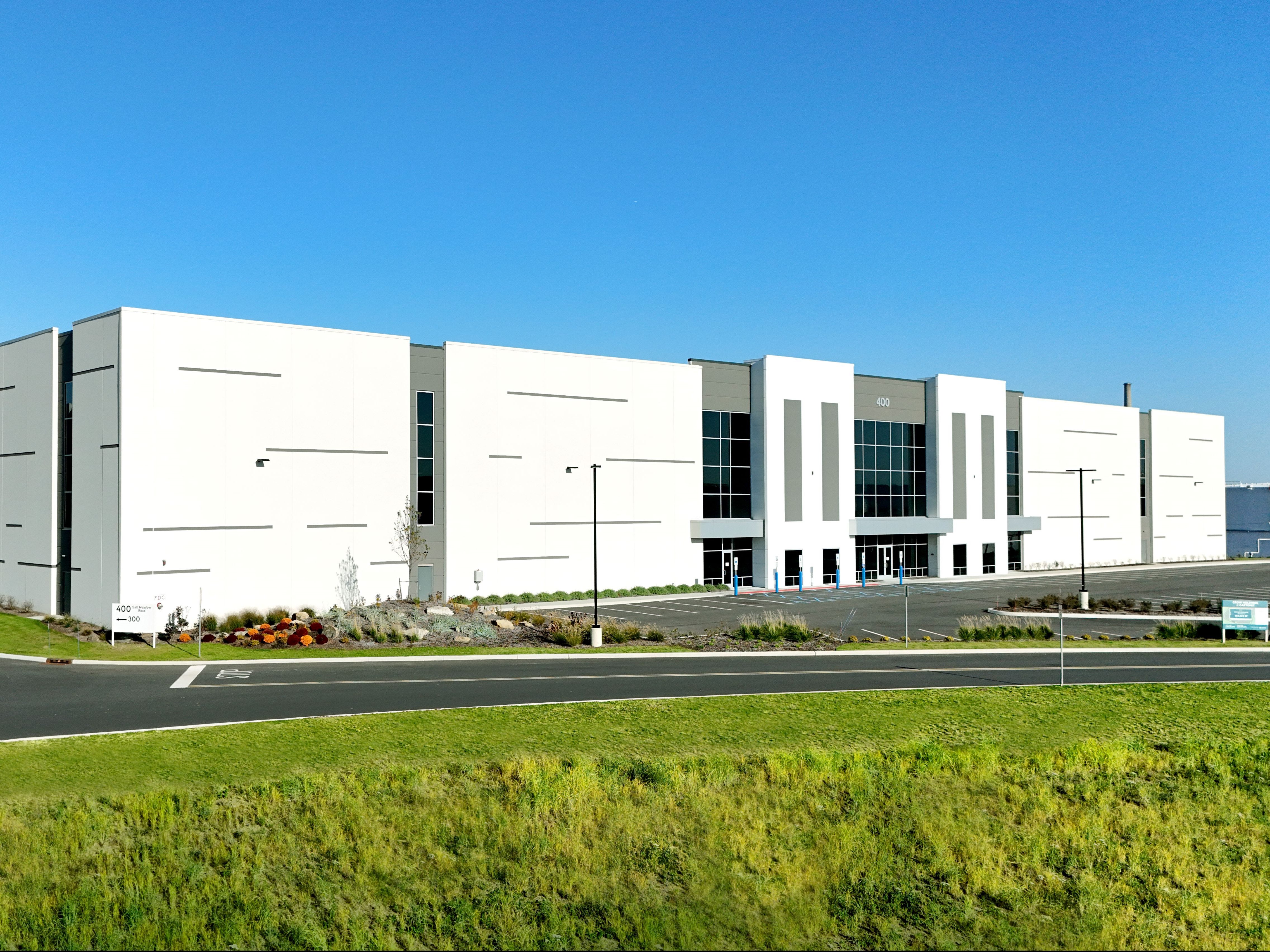
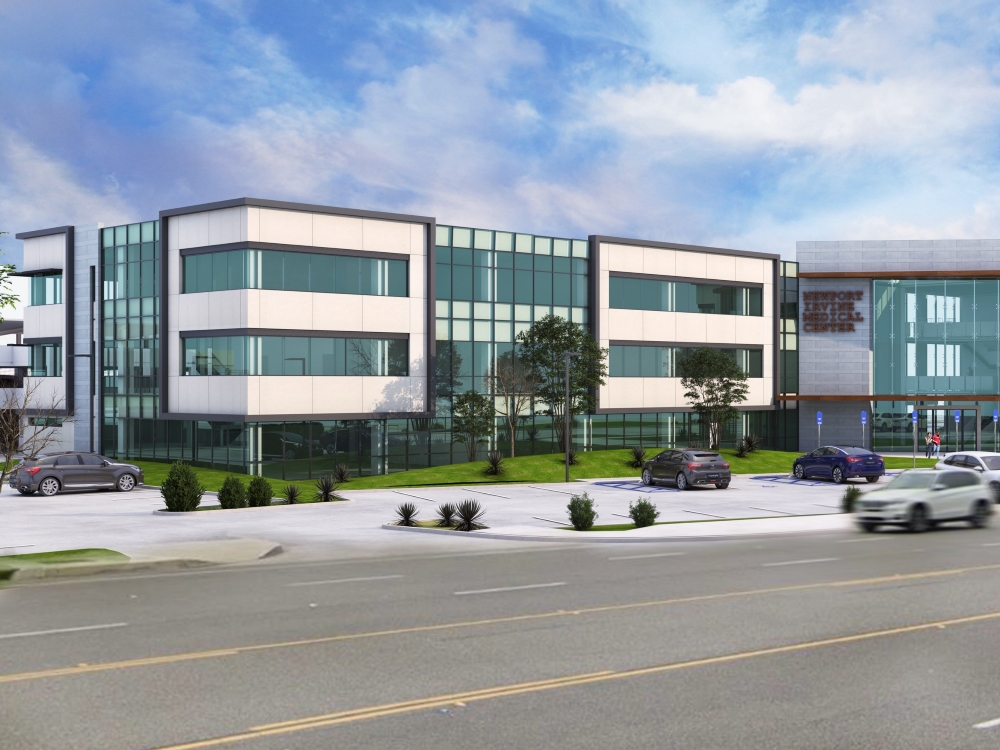
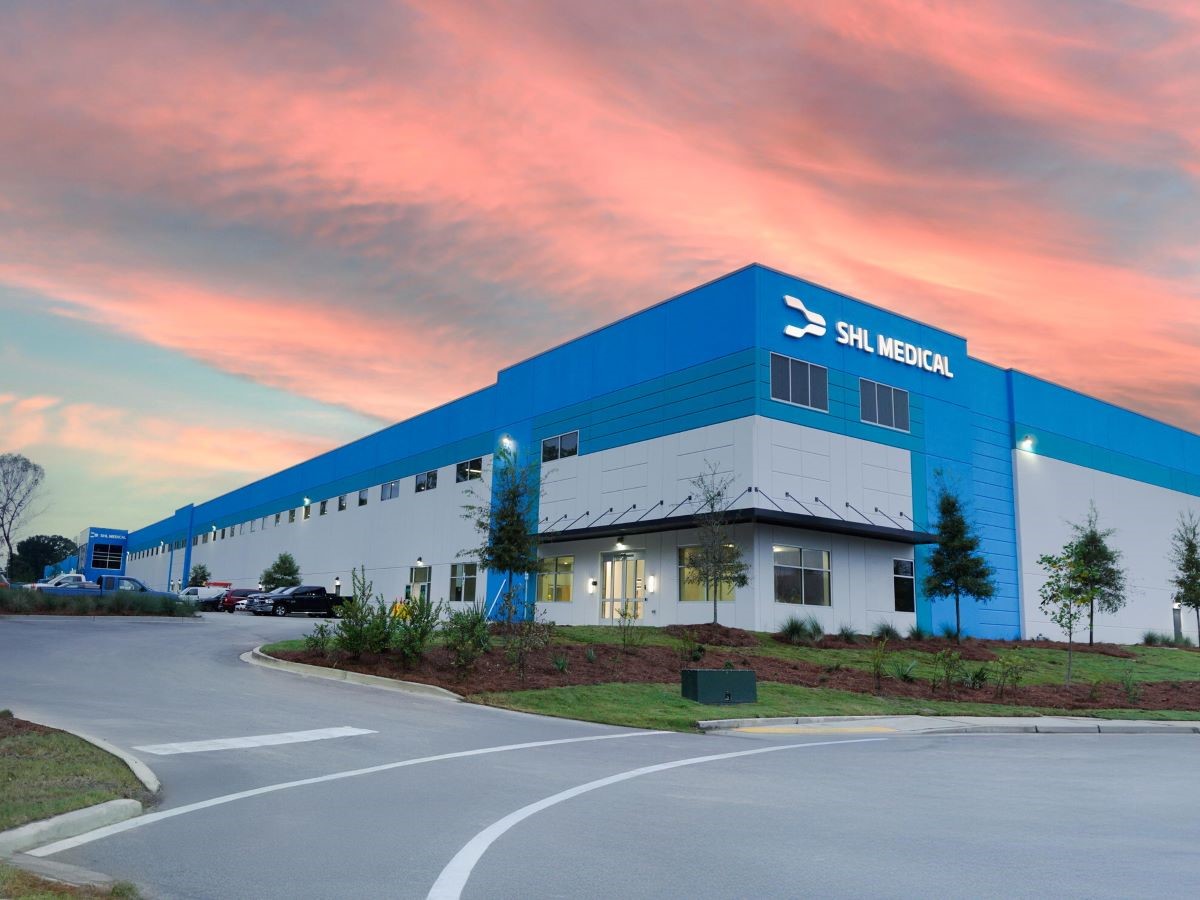
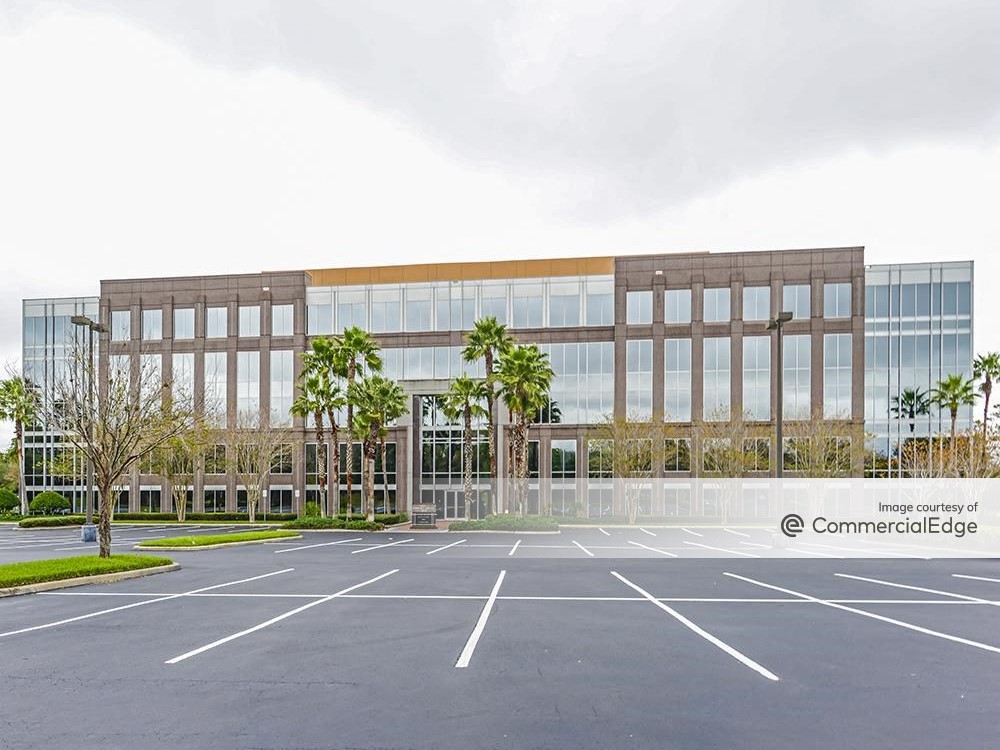
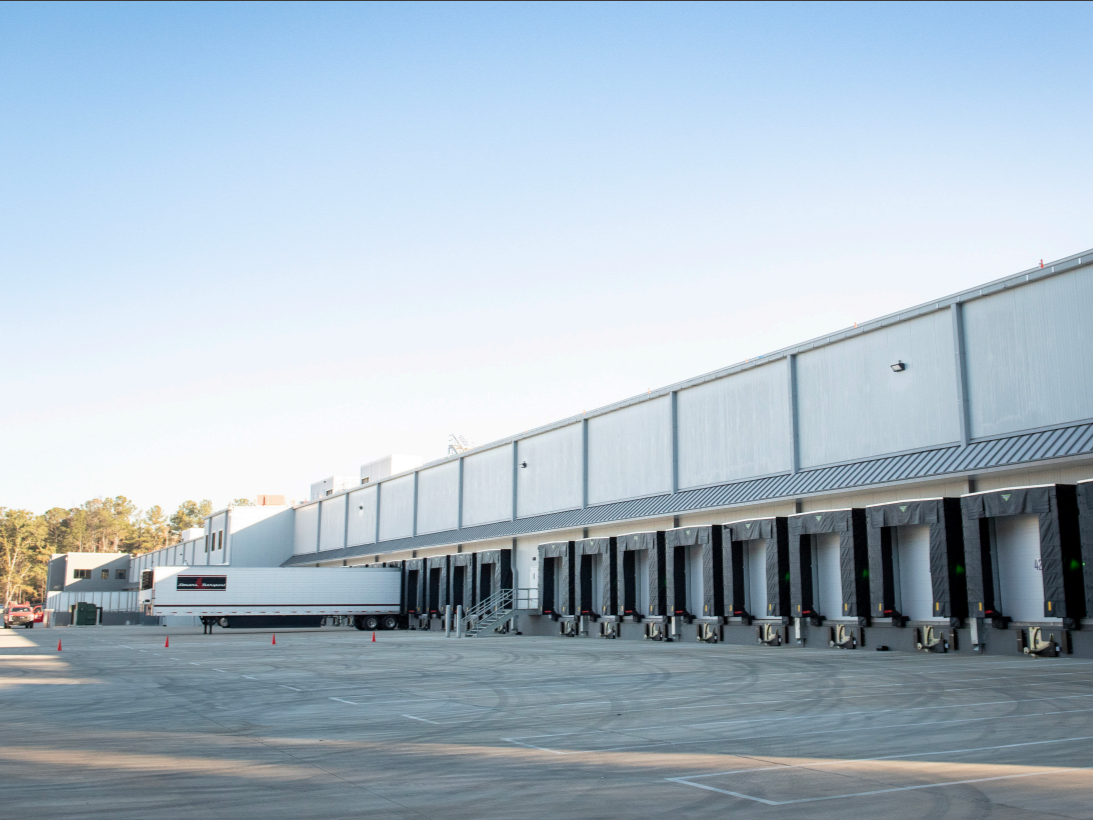
You must be logged in to post a comment.